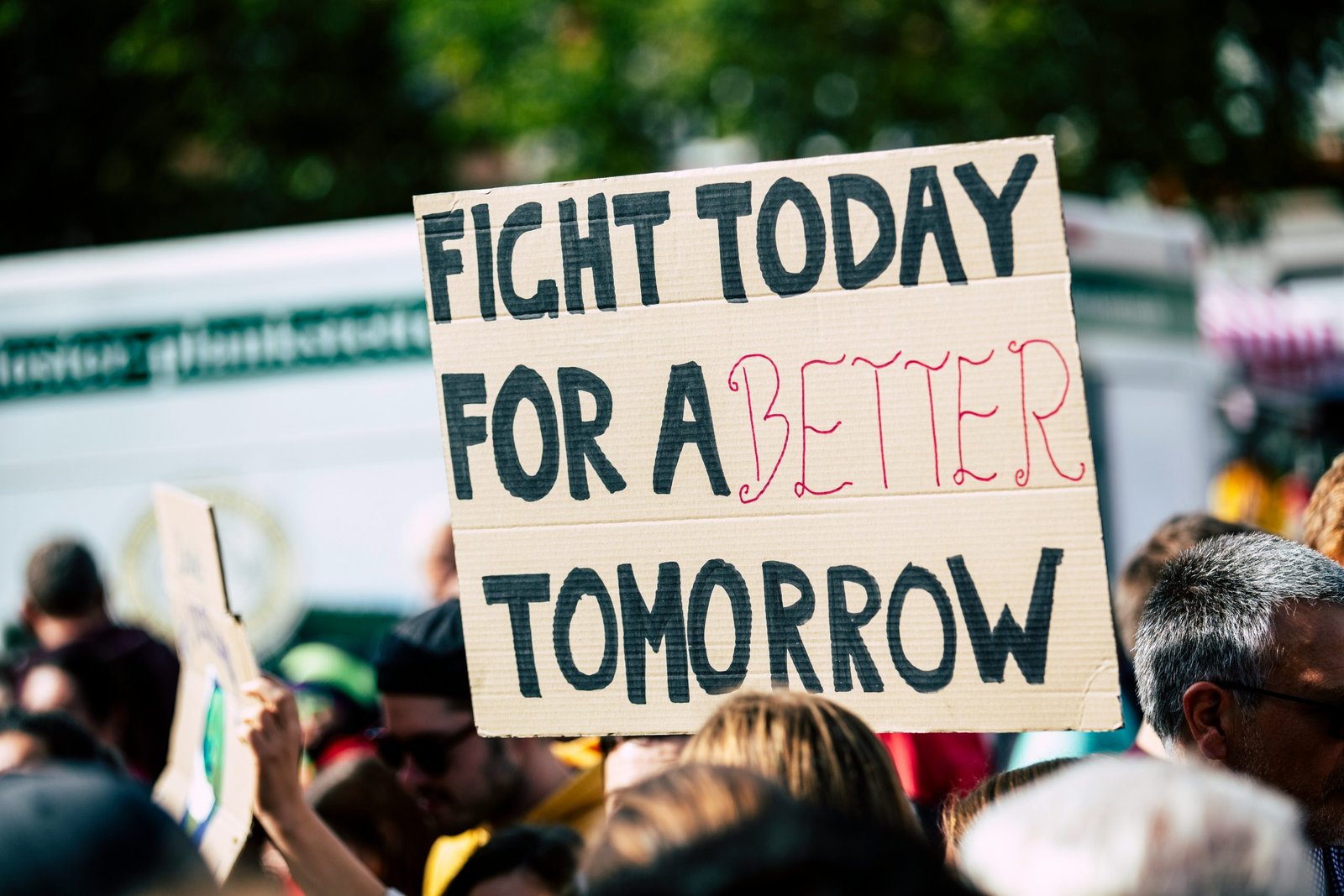In recent developments at the University of Chicago (UC), faculty members have taken a prominent role in supporting pro-Palestinian student protesters amid ongoing tensions regarding a student encampment on campus.
In an expression of stark solidarity, faculty from a range of departments have expressed their willingness to face arrest alongside students, should it come to that, in order to safeguard their right to peaceful protest.
The situation recently intensified after university administrators suspended dialogue with the protesters following unfruitful negotiations. The administration provided a deadline for dismantling the student encampment, but faculty members have vocally opposed any potential use of force.
Elham Mireshghi, PhD, an assistant instructional professor from the UC Divinity School underscored the faculty’s commitment, telling ABC7 News, “As faculty members, we will protect the safety of our students if the administration attempts to violently remove them.”
The faculty’s stance is a reaction not only to the immediate campus issues but also to broader concerns about the implications of using police force in educational settings. In her statement to ABC7 News, UC associate professor Allyson Nadia Field, PhD, articulated the potential dangers, highlighting that such actions “set a dangerous precedent” and could “intimidate and silence” rather than protect.
This collective faculty action is part of a larger trend seen across the United States, where educators at various institutions have stepped forward to shield students engaging in pro-Palestinian protests.
At Columbia University and the University of North Carolina at Chapel Hill, for instance, faculty have either physically shielded students from law enforcement or signed petitions in support of students’ right to protest. At Dartmouth, history professor Annelise Orleck, PhD, told the Washington Post she was thrown to the ground and detained by police when she confronted them and demanded they stop arresting protesters.
The ongoing situation at the University of Chicago reflects a critical juncture in the relationship between university governance and student activism. With the faculty’s involvement, the protests are not just about student demands but also about the role of educators in advocating for academic freedom and the safety of their students in politically charged environments.
As UC contemplates its next steps, the international community and other educational leaders are closely monitoring the situation. Any actions taken here could resonate well beyond Chicago, influencing how academic institutions handle protests and the delicate balance between campus security and the right to free speech.




















